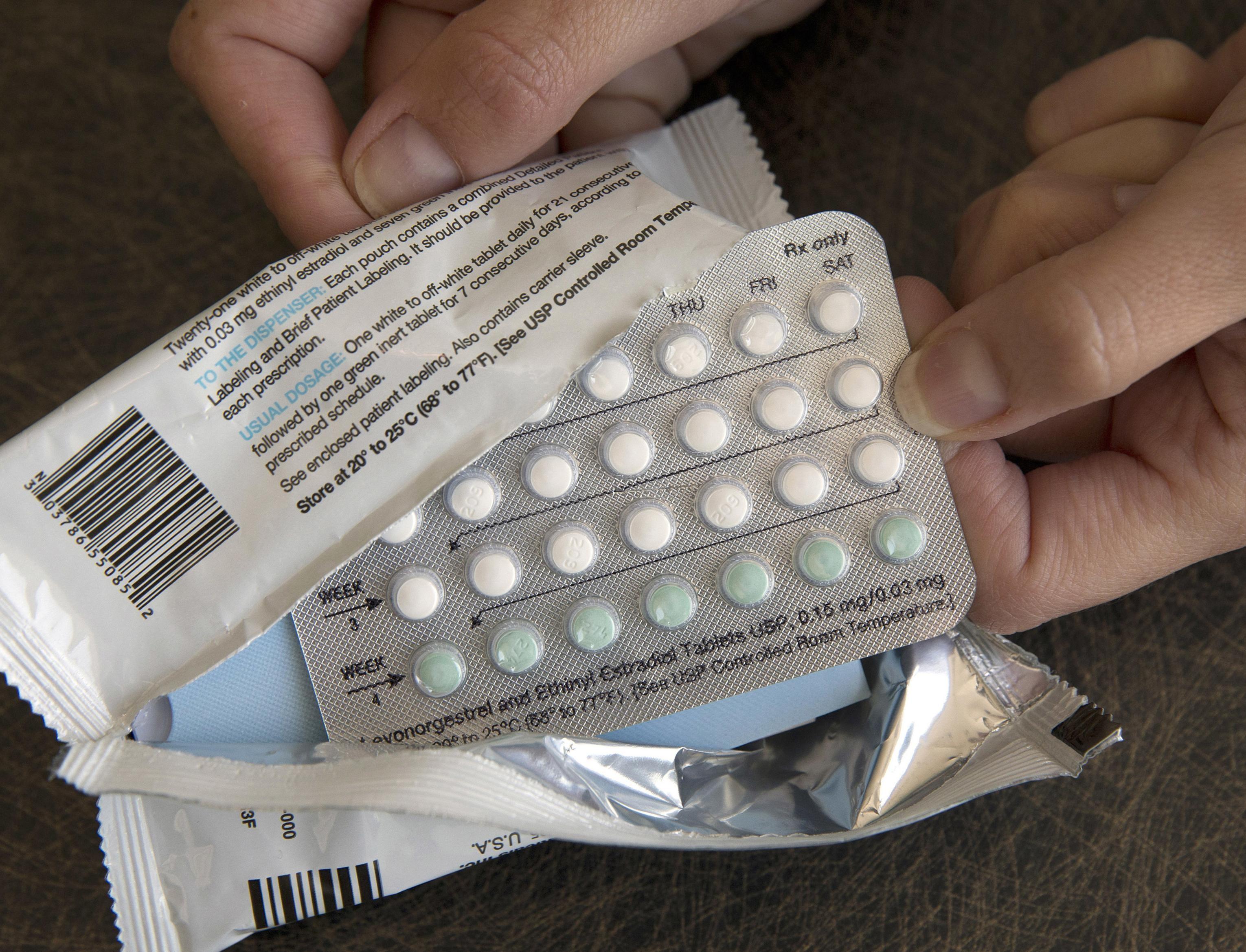Opill, the first ever over the counter birth control pill, will soon be available in stores nationwide after first being approved for prescription use in 1973.
Reproductive rights advocates in Mississippi, in many ways ground zero of the legal push against federally protected abortion rights, say the decision to broaden access to birth control is both long overdue and much needed.
Perrigo, the manufacturer of Opill, has been working to gain the Food and Drug Administration's approval to sell the medication without requiring a prescription for nearly a decade.
But it wasn’t until May 2023 that a panel of scientists advised the FDA to approve the product for over-the-counter use, claiming that both the medication and its labeling were safe enough to be dispensed without requiring prescription.
Michelle Colon, co-founder of SHERO Mississippi, a grassroots reproductive justice group, says it's a major win, especially in the wake of the Supreme Court’s 2022 ruling in Dobbs that the constitution does not protect the right to an abortion.
“This is a good thing for the reproductive justice movement because it allows us to maintain some power, especially with so much power and access we've lost post-Dobbs,” said Colon. “I remember almost 20 years ago fighting for this – fighting for accessible birth control and also emergency contraception to be available without prescription. So here we are almost two decades later and we finally have this option.”
According to the FDA, Opill is 98% effective like other prescribed oral contraceptives and will be sold by major retailers where you can typically find condoms and pregnancy tests, as well as online.
As a progestin-only pill, and notably without any estrogen, researchers and the FDA say there’s virtually no health risk associated with someone taking it over the counter.
Other advocates say removing formal barriers, like requiring prescriptions, to oral contraceptives will better serve people like teenagers or anyone else living at home who might want to take the medication without needing a parent’s express permission.
In Mississippi, home to the country’s second-highest rate of teen births, Colon says that could be crucial. But she still worries that the cost might be a different type of barrier, especially among underserved or economically disadvantaged communities.
“It does improve access, but it’s not total access. For low-income people this is still a barrier, and in rural areas as well, and especially in an anti-abortion state like Mississippi,” Colon said.
“Affordability is a part of the access, but the main thing is that there are so many Mississippians existing in a health care desert. Just within the last couple of years there's been a mass exodus of health care providers that have left the state. There's not even an entity, not even a structure where people in Mississippi can go within their communities.”
Despite being known as considerably safe medication as early as the 1960’s, the fight to have an over-the-counter option approved has long faced an uphill battle, especially as a result of legislative pushback against contraceptives in recent decades amid simultaneous efforts to further restrict abortion and other reproductive care.
Colon believes some of the urgency, and the timing, of the Opill approval unquestionably relates to the Dobbs ruling and its aftereffects – but also that more Americans suddenly became familiar with what women in Mississippi, and the South, have experienced for decades.
“The rest of the country now feels what we did before Dobbs. As long as the challenges stayed within ‘red states’ or below the Mason-Dixon line, that was fine. They didn't they didn't care about southern women's health care or southern pregnant people, and it was like, ‘okay, fine, as long as this doesn't bleed into quote unquote blue states, we're not going to worry about it.’”
“But here we are almost two years later and the majority of the country now knows what it feels like to be an individual in Mississippi who does not have access to abortion health care, who does not have access to birth control and preventative care, or not even having a provider available,” she said. “Dobbs was the sounding alarm, and the rest of the country has now sunk to the same level as Mississippi where their citizens’ access has been threatened.”



